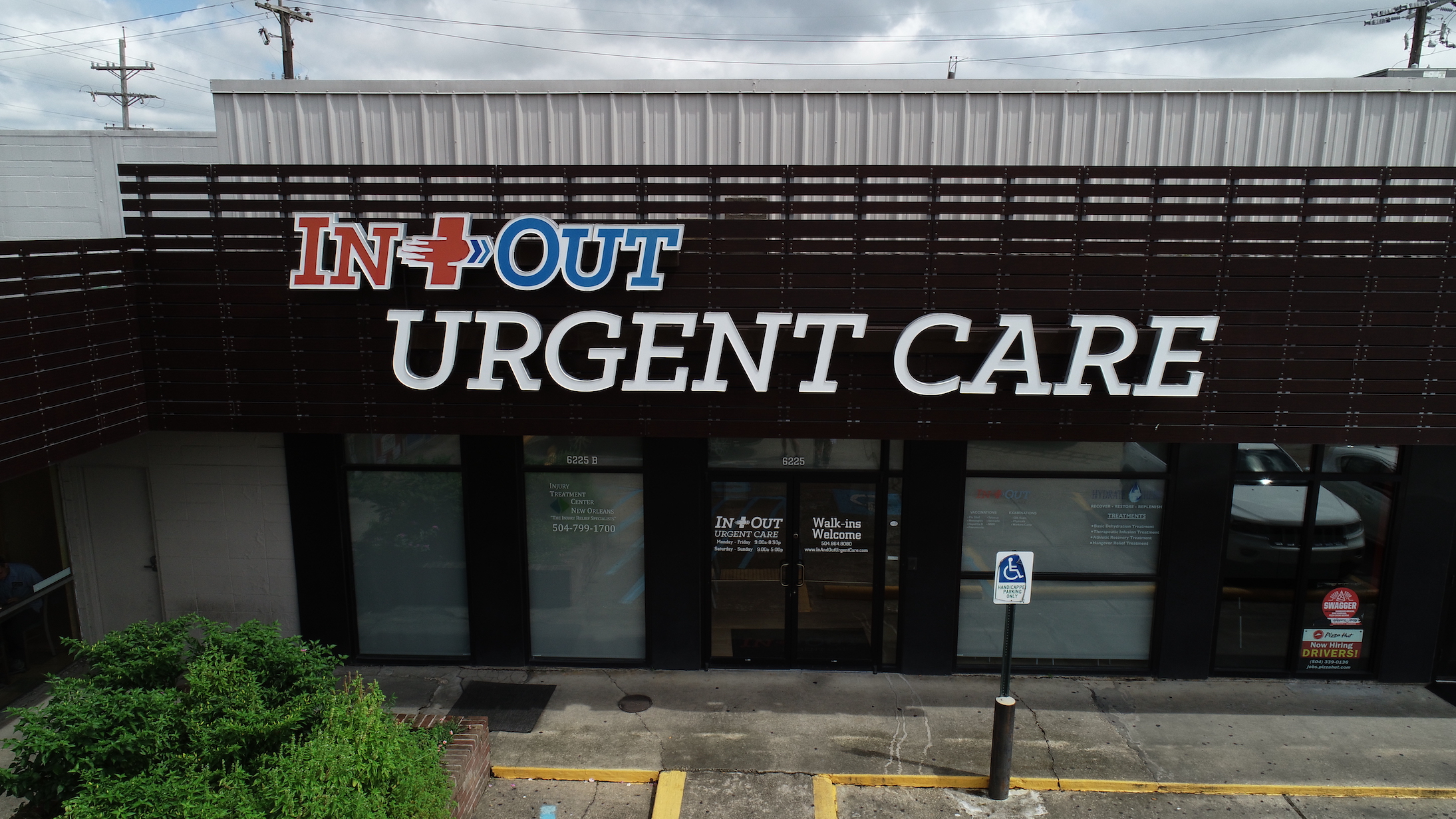Physicals at In and Out Urgent Care – New Orleans, LA
Understanding the Concept of a Physical
Decoding a physical
A physical refers to a systematic medical check-up carried out by a healthcare expert to evaluate an individual’s overall health condition. The check-up’s objective is to identify potential health problems that might emerge later and maintain an ongoing record of the patient’s health. The range of a physical may vary but typically comprises an assessment of the vital signs, organs, and physical attributes, along with a review of the medical history.
Clarifying what a physical involves
Often referred to as a physical, a physical examination is an all-encompassing assessment carried out by a healthcare professional. Its central goal is to identify any unusual changes in the body that might indicate the presence of diseases or health conditions. The assessment usually involves a review of the patient’s medical history, vital signs (like blood pressure, temperature, heart rate, and respiratory rate), physical features, and different organ systems. The details of the physical can vary depending on factors like age, sex, and specific health concerns of the person.
Reasons for needing a physical
A physical might be necessary for various reasons. Routine physicals are an essential component of preventive healthcare as they aid in detecting health issues before they aggravate. For example, blood pressure checks can reveal hypertension or high blood pressure, which can lead to heart disease if not treated. Physicals may also be a requirement for school admissions, jobs, or sports participation to confirm a person’s fitness level. They also provide an opportunity to discuss any health concerns or lifestyle changes with the healthcare provider.
What to anticipate during a physical
During a physical check-up, your healthcare provider will conduct several tests and evaluations. It usually begins with a conversation about your medical history, lifestyle habits, and any symptoms or concerns. Following that, your vital signs like heart rate, blood pressure, temperature, and respiratory rate are likely to be measured. Your healthcare provider may visually inspect your skin, eyes, ears, and throat, and depending on your age and gender, you might have specific examinations related to reproductive or breast health. Neurological examinations to evaluate your nerves, reflexes, balance, and mental state might also be included.
Your healthcare provider may also use a stethoscope to listen to your heart and lungs, examine your abdomen, and assess your overall muscle strength and tone. Based on your health history, they might also request laboratory tests like blood or urine tests. These tests can offer more detailed information about your health, such as your blood sugar levels or potential infections.
Remember that a physical is also an opportunity to discuss any health issues or queries you may have with your healthcare provider. Being candid about any problems you’ve been experiencing can help your provider offer the most effective care and treatment plans.
The Advantages of Regular Physicals
Perks of regular physicals
Getting regular physical examinations can offer several benefits. They provide critical data about your health and wellness and give you a chance to actively manage your health. Regular physicals also help establish a rapport with your healthcare provider, ensuring you have someone to consult when health problems arise. This proactive approach is beneficial for your health and your finances, as it can lower healthcare costs in the long run by identifying problems early and preventing certain diseases.
Boosting overall health
Regular physical check-ups contribute to enhanced overall health. They provide a chance to track your health progress, measure your vital signs over time, and help identify any concerning changes. Your healthcare provider can also offer personalized advice on lifestyle habits like nutrition, exercise, and sleep, aiding in optimizing your overall health. They may also recommend specific vaccines or booster shots to prevent infectious diseases based on your age, health history, and other individual factors. All these contribute to better health management, leading to improved overall health.
Early identification of health issues
A key advantage of a physical is the early identification of potential health issues. During a physical, your healthcare provider will search for signs of diseases and conditions that might not be causing symptoms yet. This could include screening for conditions like hypertension, high cholesterol, diabetes, and certain types of cancer, among others. Early detection is crucial as many conditions are easier to manage or treat when caught in the initial stages. In some cases, early detection could be the difference between a curable condition and a life-threatening one.
Peace of mind
Regular physicals can also offer peace of mind. Knowing your health status or being aware and managing your health conditions can reduce stress and anxiety. During a physical, you can discuss any health-related concerns or fears you may have with a trusted healthcare professional. Also, having a well-established relationship with a healthcare provider means that if you experience symptoms or health issues in the future, you’ll have a reliable source for guidance and treatment. This assurance can significantly contribute to your mental and emotional wellbeing.
Booking a Physical at In and Out Urgent Care
In and Out Urgent Care provides various options for booking your physical examination to make it as effortless and convenient as possible. These options include online booking, telephone booking, and walk-in appointments. Each option offers its benefits, letting you choose the one that best suits your needs and preferences.


